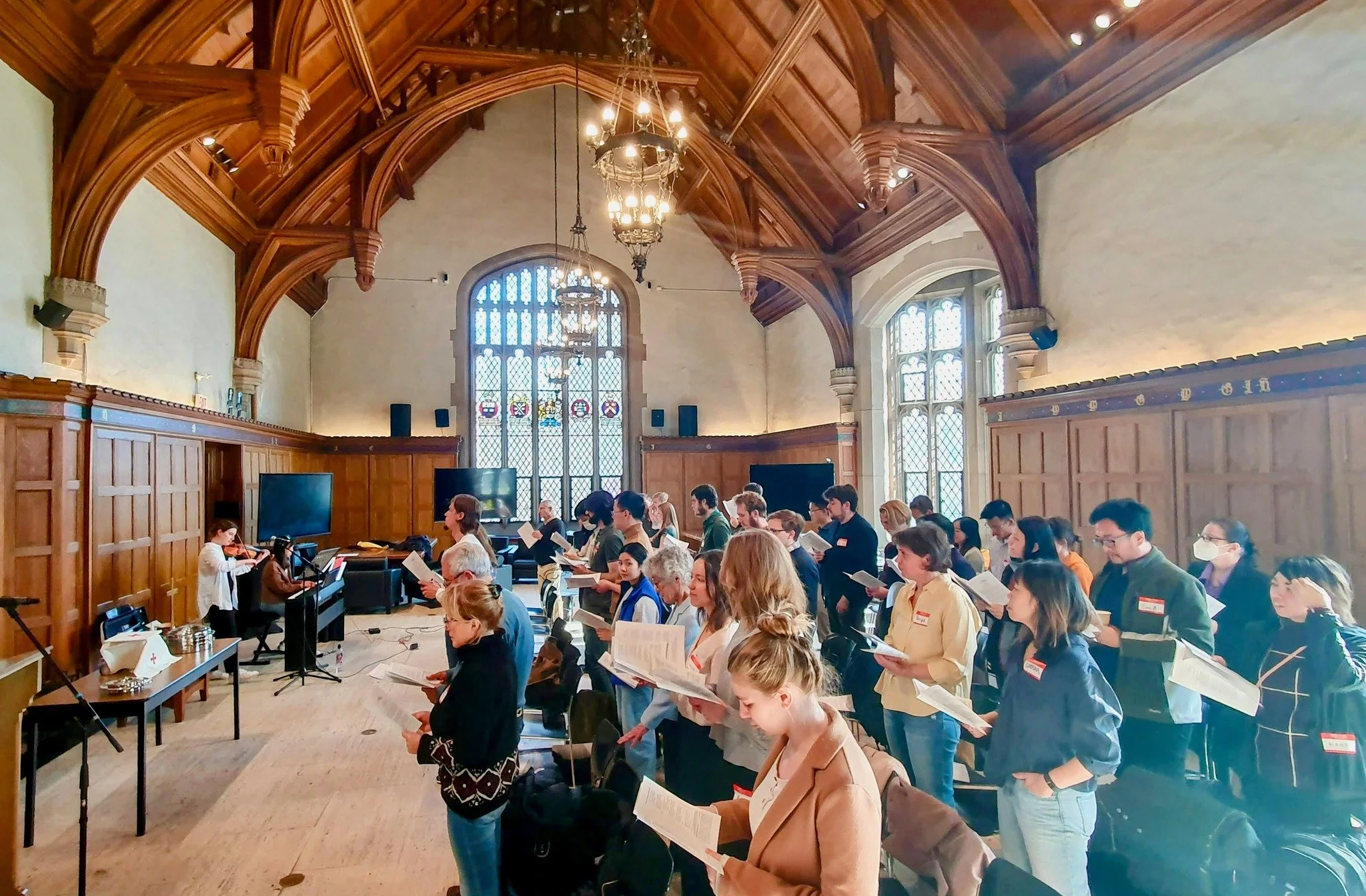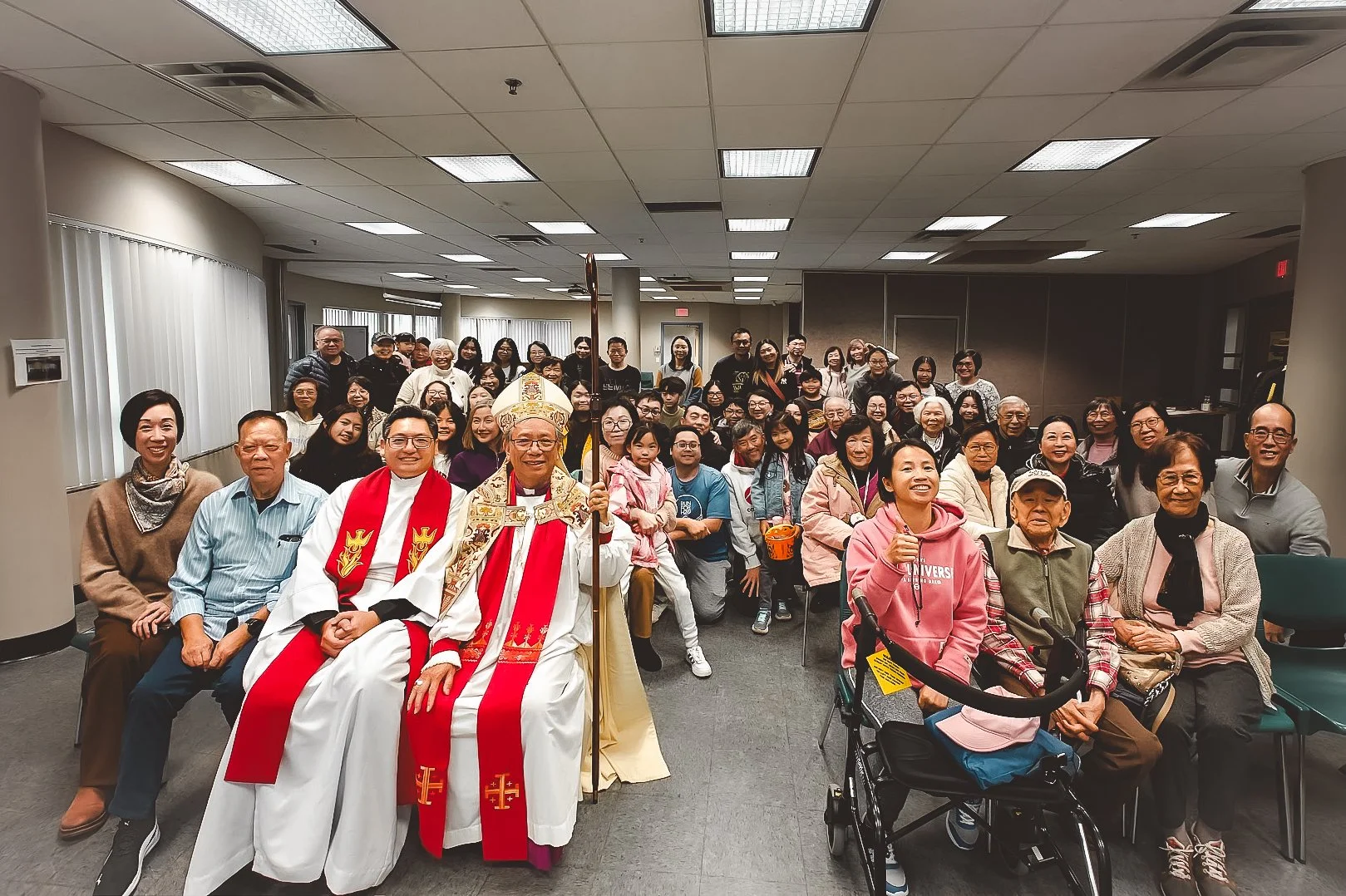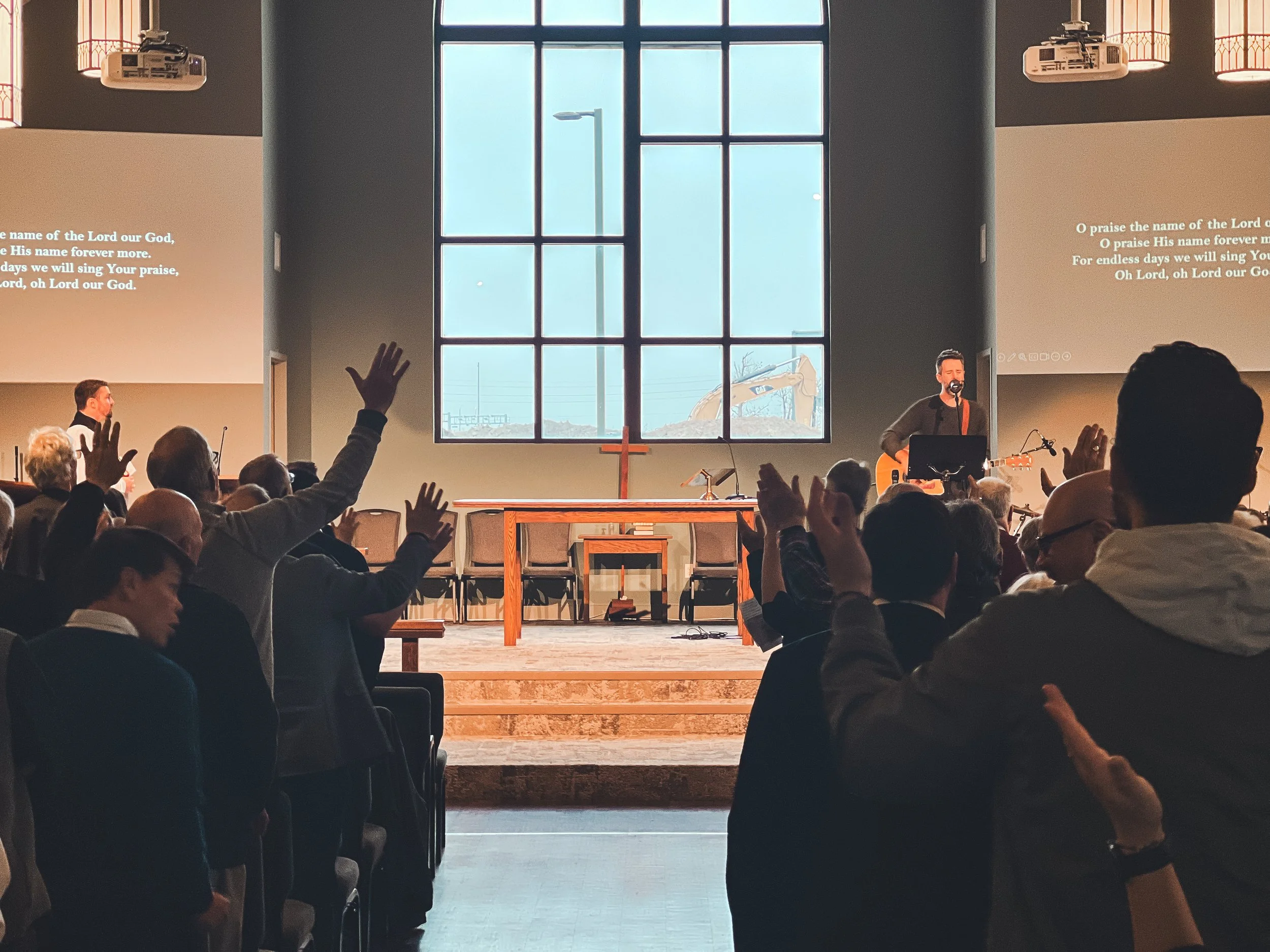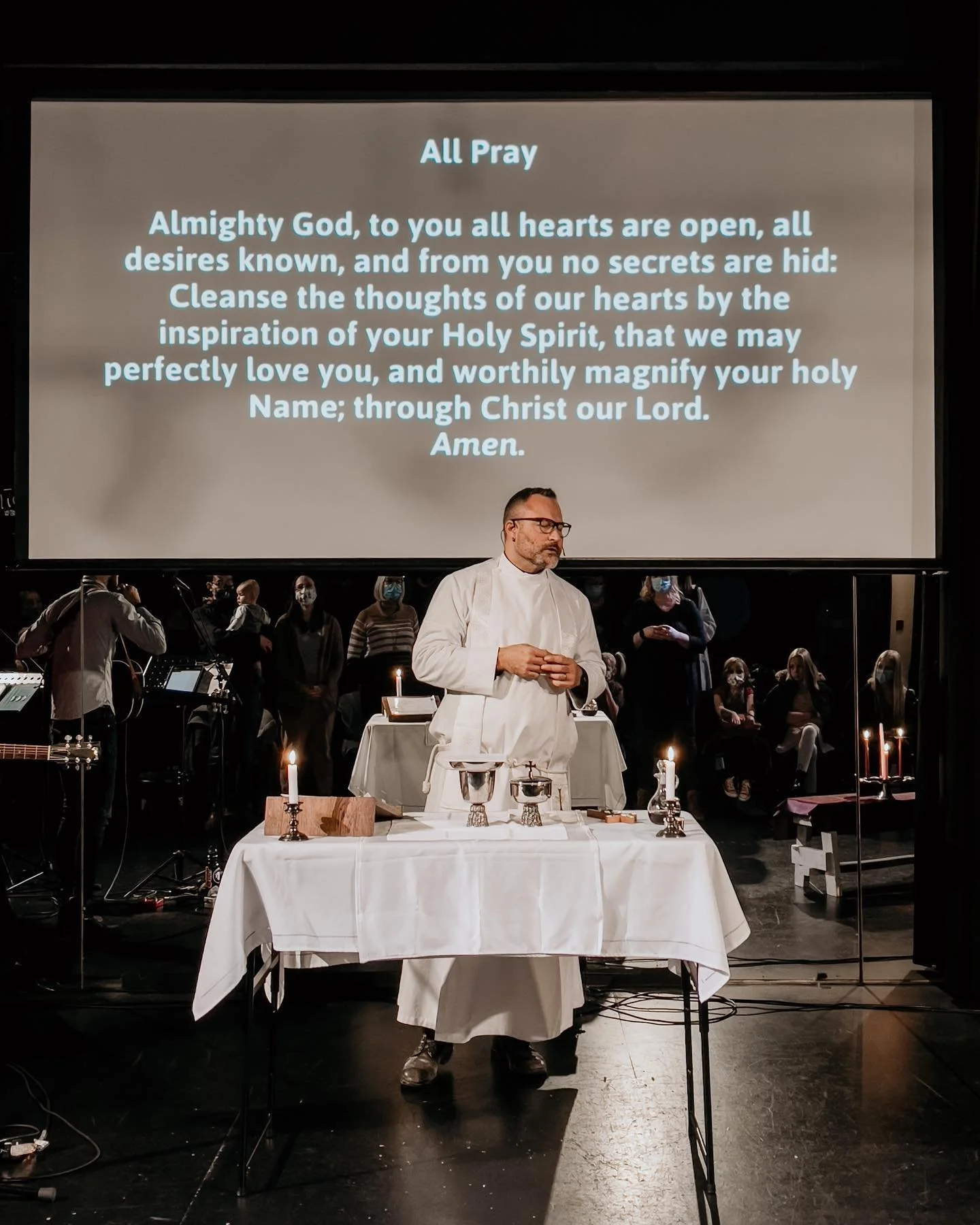
Being Anglican
What does it mean to be Anglican or to attend an Anglican church?
To Be Anglican
Anglicans comprise the third largest Christian denomination, with 70-80 million members globally. Founded on orthodox Christian teaching, grounded in the Bible and the Creeds, Anglicanism as an expression of historic Christianity traces many of its specific traditions and practices back more than 400 years.
Our province, the Anglican Church in North America (ACNA), introduces Anglicanism this way:
“Anglicanism is a worldwide body of Christians responding to God’s revelation through Jesus Christ. Anglicanism brings together the authority of the Bible, the historic faith, and the beauty of structured prayer. It is rooted in tradition, yet contemporary in practice. It is united in substance, yet diverse in expression. We are a global family living out our faith in local communities.”
Leadership Structure
We are Episcopally-led, meaning we have a structure of bishops and archbishops who provide oversight and direction. These bishops shepherd the clergy and congregations under their care, so no congregation is without support and guidance. Each congregation is a part of a diocese, led by a diocesan Bishop, and each diocese is part of a province, led by an Archbishop. You can learn more about our leaders here.
Theology
The Anglican Way is often described as both catholic and reformed, meaning it draws wisdom and traditions from the breadth of Christian church history, including the Reformation. Our province of the ACNA described it this way:
“To be an Anglican, then, is not to embrace a distinct version of Christianity, but a distinct way of being a “Mere Christian,” at the same time evangelical, apostolic, catholic, reformed, and Spirit-filled.”
(Theological Statement of the Anglican Church in North America)
You can read more details about our beliefs here.
Liturgy & Services
As Anglicans the Book of Common Prayer greatly shapes our prayer and worship and theology. It is steeped in the Bible, Gospel-centered and provides a common rootedness, structure and vision for all our churches and their day to day practices.
Anglican churches are sacramental, and celebrating the Eucharist (or Holy Communion) is an important part of our worship.
As the ACNA introduction said our churches are “united in substance, yet diverse in expression.” In our diocese we have congregations which might be described in Christian terminology as largely evangelical, or anglo-catholic, or charismatic, or a bit of all three. Some sing ancient hymns with an organ or piano, others sing new songs with guitars and drums, and many do some of both. Some use historic, traditional language in the liturgy and others speak in more modern phrasings. Some clergy wear elaborate, traditional vestments and others dress more simply.
Gospel-centred & Welcoming
But in every case the good news of Jesus Christ is proclaimed. And all people are welcome. You don’t need to be Anglican or know anything about its traditions or history to attend our services. Whatever your background or history or knowledge you are more than welcome at—in fact—thoroughly invited to one of our churches.
Further Learning
There is so much that could be said about the 400 years of history and tradition and practice which comprises the Anglican Way of following Jesus. To learn more please do visit one of our churches. And if you want to explore some further reading here are a few suggestions:
ACNA’s About Anglicanism - from our province, the Anglican Church in North America (ACNA)
The Book of Common Prayer - here you can read through the entire BCP 2019, our province’s most recent version of the BCP.
The Anglican Thirty-Nine Articles of Religion - a condensed statement of what Anglican Christians believe, compiled by Thomas Cranmer and Joseph Ridley in the 1500s. (in contemporary English)
What is Anglicanism? – an article by Dr J I Packer, November 2005
New to Anglicanism? - a collection of articles and resources from Anglican Compass
Why I Became Anglican (and Why You Should Too) - an article by Andrew Bass for Anglican Compass




